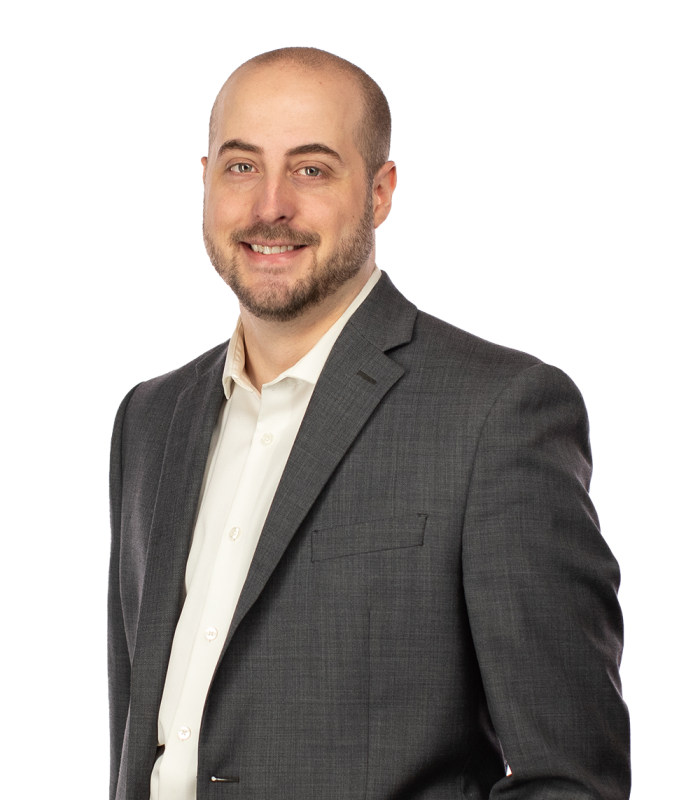Originally published in North Bay Business Journal
Willow Creek Wealth Advisor Jake Weber answered questions posed by North Bay Business Journal about where we are after a challenging year, and where we are headed.
In the pandemic, more people saved. Did they sock money away in safer, but lower return vehicles like saving or money market accounts? And if so, are they already moving money to more return-driven investments?
Whether or not someone was able to save more during the pandemic is different case by case. The people who did save more did not significantly invest more in aggressive investments. Most of the savings seem to be set aside for house projects, charitable giving, helping family, and vacations as things begin to open back up. In my experience, more people saved in low-risk cash alternatives during the initial stages of the pandemic. Still, as the stock market rebounded, as might be expected, more investors felt comfortable with rebalancing into stocks and return-driven investments.
Related, have you moved on your outlook, now that there are signs that the economy is quickly shaking off the pandemic, to a more aggressive stance with your investment suggestions for clients?
I have not shifted my stance to be more aggressive with investment suggestions. My investment recommendations and investment schedules are consistent regardless of short-term market events. The recovery that we saw in markets since March 2020 is not an event that would cause us to change our investment style.
You have experienced the very brief recession from the pandemic, perhaps even the Great Recession of a few years back. Survived or thrived? Did you learn some lessons that you take forward now?
Our clients have thrived. These economic events, although challenging, present us with more examples for clients of the importance of standing by your investment strategy and not divesting or shifting away from stocks during a recession. My clients who stuck with their investment strategy and rebalanced their portfolios by buying stocks on the downside have come out of the March low far and above where they were beginning of last year.
Real estate is hot, at least for now. What are the investment opportunities there, or is it something you’d suggest people go easy on?
In my eyes, real estate is an important asset class and diversifier. While I think having some exposure to real estate is important, how you own it and what you own is a conversation that differs for everyone. I would suggest that you treat it like any other investment: hold it as a portion of your net worth, but don’t put all your eggs into one basket and don’t buy more real estate than you can manage yourself (which for most of us is just our own home). Make sure when real estate markets pull back and decline, you are comfortable holding through a downturn. Buying real estate does not need to be complicated: you can buy a low-cost Real Estate Investment Trust (REIT) index fund and get all the real estate exposure you need.
Inflation talk abounds, without real clarity on its direction. What is your advice now to cover the future risks if inflation spikes, or are you not seeing that as a true risk at this point?
Our investments are well-positioned to deal with periods of high inflation. I don’t expect the rise in inflation we saw year-over-year recently to be sustained. Much of the increase we are experiencing now has more to do with supply chain disruption and lifestyle adjustment caused by the pandemic. I don’t see indications that it is going to be a long-term shift. Regardless, a well-diversified portfolio should invest in inflation hedges, like shorter duration bonds and Treasury Inflation-Protected Securities.
From what you have seen in your practice, the three qualities of an ideal investor are, and why?
- Optimistic (for the most part) because decades of economic history have shown us that the stock market does one thing: goes up.
- Disciplined with their portfolio strategy. When markets change rapidly, they stay true to their original strategy.
- Passionate about building the life of their dreams because that is the ultimate goal – not some arbitrary dollar amount in the bank.
